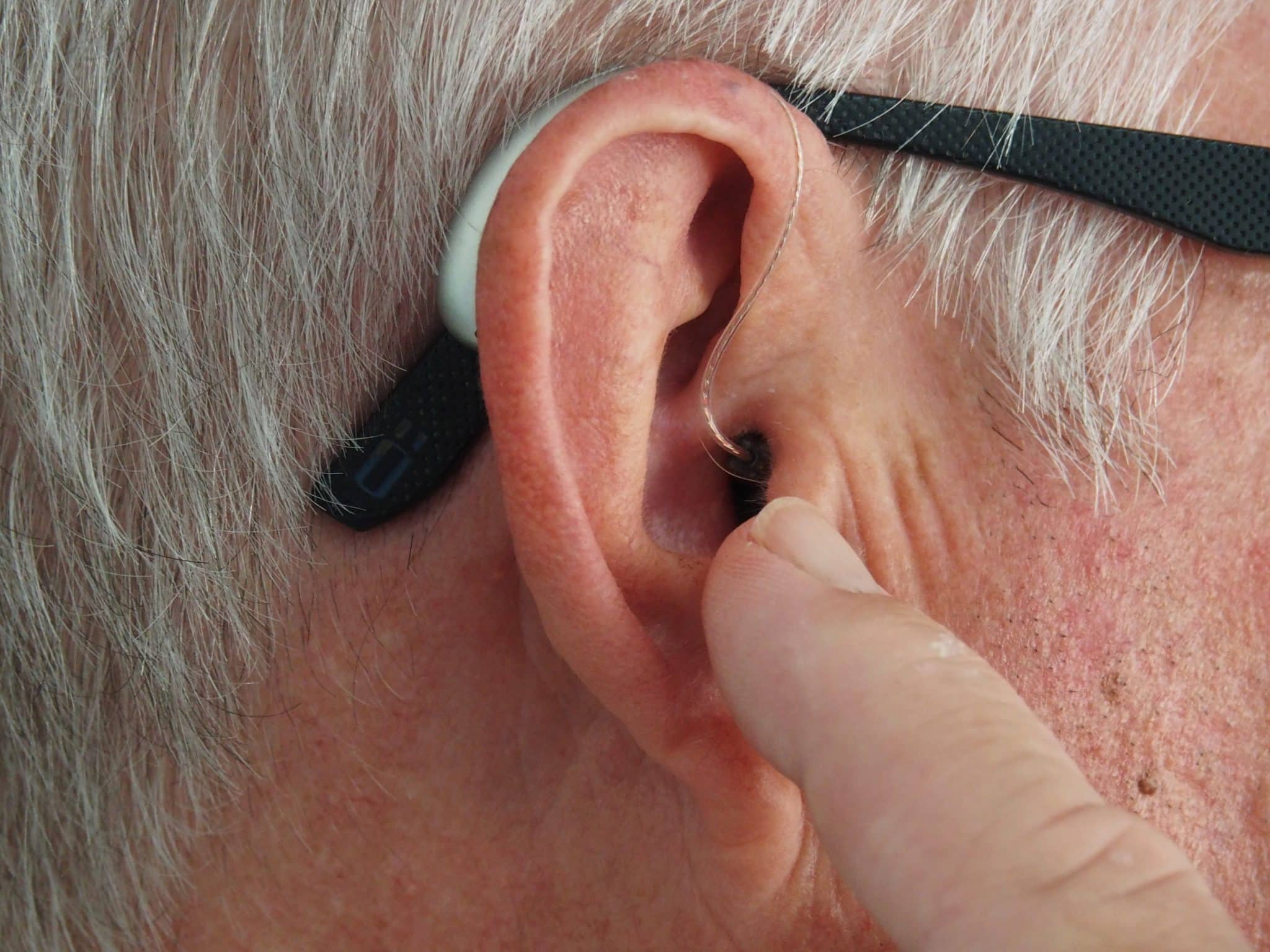Age-related Hearing Loss: Presbycusis
At least 48 million adults in America have hearing loss, and the vast majority is due to presbycusis, or age-related hearing loss. The American Academy of Audiology estimates that one-third of Americans over 60 experience this type of hearing loss. But what exactly causes hearing loss in older people? A number of changes that occur as we get older can cause presbycusis, such as:
- Changes in blood flow to the ear
- Changes in inner ear structures
- Impairment of the auditory nerves
- Changes in the way the brain processes sound
- Damage to sensory receptors (hair cells) in the inner ear
In addition, diabetes, poor circulation, medications, high blood pressure, and smoking can also contribute to age-related hearing loss. Most people with presbycusis actually have a combination of age-related and noise-induced hearing loss—long-term exposure to loud noises, such as noise in the workplace, is an influential factor in hearing loss. 
Hearing Loss in Young People: Children with Difficulty Hearing
We often think of hearing loss as an issue for older people, but there are a number of children born with hearing loss every year—about 3 out of every 1,000 children born in the U.S. are born with hearing loss. These children are said to have congenital hearing loss or hearing loss that was present at birth. Genetic factors amount to over fifty percent of congenital hearing loss, in which genes that cause hearing loss are passed from parent to child. Prenatal infections, toxins consumed by the mother during pregnancy, prematurity, maternal diabetes, and lack of oxygen can all contribute to a child being born with hearing loss. The most common cause of hearing loss in children is ear infections, particularly a disease called otitis media, which is an inflammation of the ear that is often accompanied by a buildup of fluid. Otitis media is the most commonly diagnosed disease in children; seventy-five percent of children contract it by age three. It is caused by the small size of a baby’s Eustachian tube, which can get easily blocked. Otitis media can cause temporary or permanent hearing loss, especially in children who experience the inflammation multiple times. Meningitis, measles, chickenpox, mumps, influenza, and encephalitis are also all illnesses that can cause hearing loss in young children.
Effects of Hearing Loss: Considering Quality of Life
Older people with age-related hearing loss may experience a decline in their quality of life, difficulty in maintaining relationships due to communication barriers, or simply frustration as the ability to hear decreases. All these effects are serious issues that many older people deal with as they experience hearing loss, but luckily there are new technologies and methods being researched and created that aim to make life with hearing loss as easy as possible. While there is little a person can do to prevent age-related hearing loss, it is important to protect your hearing and avoid exposure to loud and prolonged noise—noise-induced hearing loss is a contributing factor in age-related hearing loss. Young adults and children who experience hearing loss often face more problematic consequences than older adults, especially as they are learning to speak. Even though young children are able to use hearing aids and cochlear implants, hearing loss can greatly affect their ability to learn speech and language skills and can cause developmental delays. If you suspect your child of having hearing loss, look up warning signs and get them tested at a doctor’s office immediately.
By: Elena McPhillips
Sources: American Speech-Language-Hearing Association, Healthline, National Institute on Deafness and Other Communication Disorders (NIDCD)




